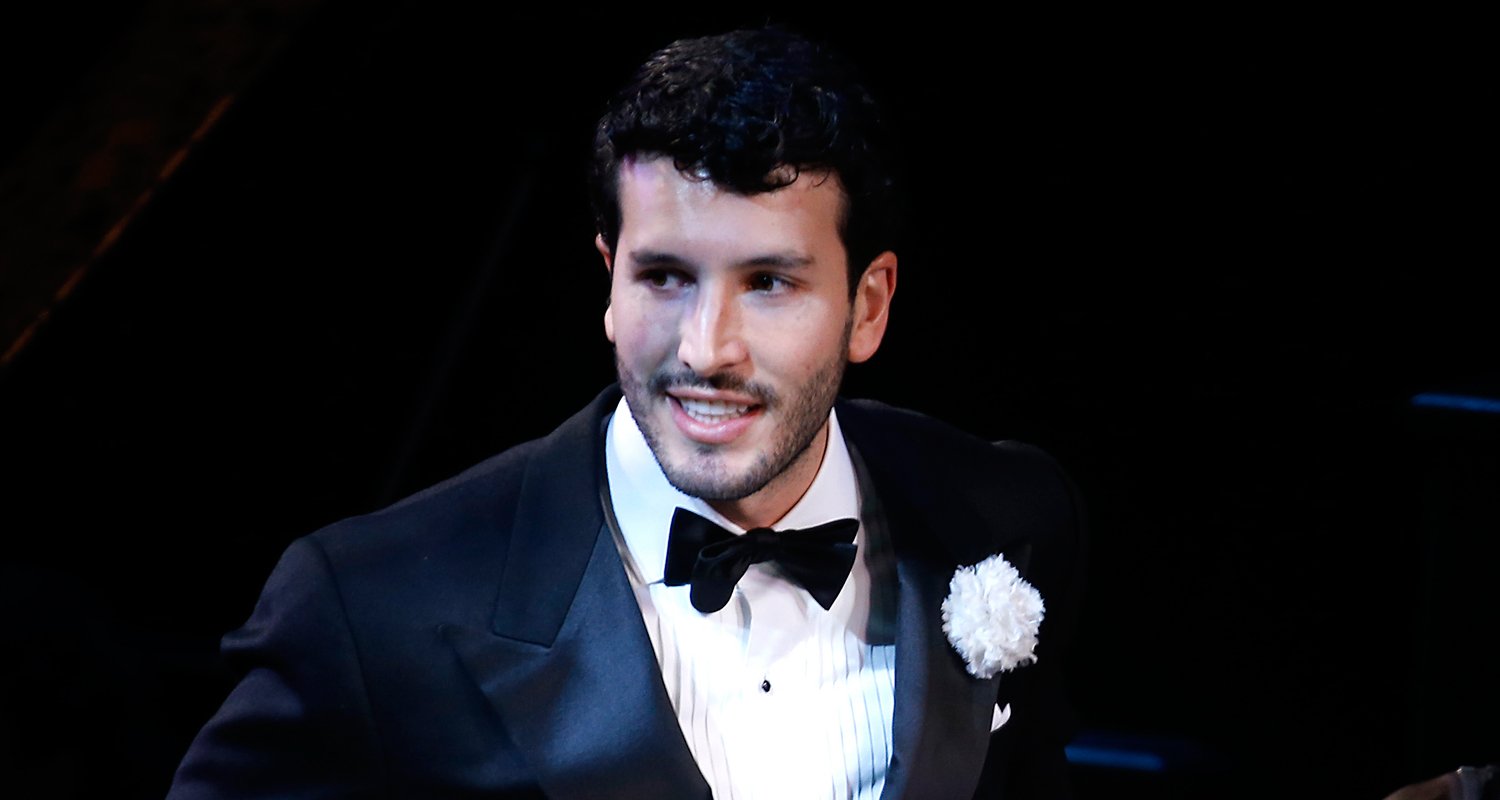ARTICLE AD
Denis Villeneuve charmed his 2000-strong audience at the London Film Festival with a personal review of his long career, including his number one rule for creating a happy film set.
The Dune director was asked how he deals with A-list egoes on his huge film sets, and replied directly: “First rule: you avoid the assholes.”
Asked if he would name anyone in particular, he tactfully demurred, saying instead he considered it “a game” to get the best out of any actor he recruited to appear in a film.
Villeneuve also revealed he considered making Blade Runner 2049 one of his two riskiest films to make so far in his career (the other title he mentioned was Polytechnique), in that it was collecting the baton of Ridley Scott’s much-loved 1982 sci-fi original.
The Canadian-French filmmaker recounted how he was approached to make the long-awaited sequel by the production team in complete secrecy, while he was in Mexico directing his hit action thriller Sicario nearly a decade ago.
“I had been in the producer’s office looking at the artwork of the movie, and I was very excited that Ridley would go there again.
“Then when I was in Mexico, I got a call from the producer. He said, ‘You must find a place where nobody will see us.’”
“That was how it happened. Ridley is the busiest director. While I make one movie, Ridley makes three. I think Harrison Ford was tired of waiting.”
A filmmaker for over two decades, Villeneuve made his name initially with award-winning Canadian features: August 32nd on Earth (1998), Maelström (2000), Polytechnique (2009) and the Oscar-nominated Incendies (2010)
He made his English-language debut with the procedural drama Prisoners, followed by drama Enemy (both 2013). He got his international breakthrough with crime thriller Sicario in 2015, followed by Arrival (2016).
Recent box office worldwide successes include Blade Runner 2049 (2017) and his two-part adaptation of Frank Herbert’s epic Dune (2021-24).
Career beginnings and aspirations…
“Coming from the countryside (the village of Gentilly in Becancour, Quebec), I began watching films. If there was one name that spoke to me, it was Spielberg. I first thought I would write, but I found filmmaking so interesting, I pursued it.
How he chooses whether to make a particular film…
“I have a deep desire to explore, but there is no pattern. I feel as though a project chooses me, I feel a deep desire to explore. But there is no plan. I wasn’t planning to move to sci-fi, that was out of reach from where I was coming from, but it’s about reading the material and feeling a deep connection. I’ve learned that making a film has to be an act of generosity.”
On Polytechnique (2009)…
(based on the real-life 1989 Ecole Polytechnique massacre known as the “Montreal Massacre”)
“This was the most painful movie I’ve made in my life. I spent a year meeting everybody, all the students, police, investigators, ambulance drivers, everybody. I probably made mistakes, I felt all over the place making it. It was, to my great relief, well-received.”
On Incendies (2010)…
(Canadian twins who travel to their mother’s native country in the Levant to uncover her hidden past amidst a bloody civil war)
“Before I made this film, I said to myself, ‘The next one needs to be meaningful.’ I think the original play by Wajdi Mouawad is a masterpiece, one of the best things I’ve seen on stage. It took several years to bring it to screen, but it was a massive privilege to work on that project. Changed my life.”
On casting Lubna Azabal in the role of Nawal: “She was an actress I cast explicitly because I thought she was a fantastic listener.”
On Prisoners (2013)…
(American thriller starring Jake Gyllenhaal, Hugh Jackman)
“I didn’t want to make sequels, I wanted to control my films, I didn’t want to be crushed. I was invited to pitch, and I found that a very interesting cultural experience, when you’re finally invited to meet those executives. I found this screenplay very, very powerful, an exploration of cycles of violence. Throughout shooting, I was convinced someone would tap on my shoulder and say, ‘Denis, we love your accent, you’re a very sweet guy, but…’ but it was a perfect experience, and I had a taste of making films with money.”
On Sicario (2015)…
(Action thriller starring Emily Blunt, Benicio del Toro and Josh Brolin, following an FBI special agent enlisted by a government task force to bring down the leader of a Mexican drug cartel)
“Again, an incredible script (by Taylor Sheridan). It was made very quickly and to this day one of my best experiences. I had my dream cast in Emily Blunt, Benicia del Toro and Josh Brolin. It feels real because it is close to reality. And that all goes back to Taylor’s script.”
On Arrival (2016)…
(Based on the 1998 short story The Story of Your Life by Ted Chiang, starring Amy Adams as a linguist enlisted by the US Army to discover how to communicate with extraterrestrials)
“After my previous films, I thought, ‘I need something lighter.’ The book is a 30-page masterpiece, about how language can change a person’s reality.”
On Dune and Dune: Part Two (2021-24)…
(Remake of Frank Herbert’s sci-fi epic)
“I tried to approach it in the same way as Frank Herbert. When the book was published, it was interpreted by some as a celebration of ‘the one’ – the messiah. I wanted to correct that perception, and to be faithful to Frank Herbert’s vision.
On the scale of the project, including helming a 44-day shoot for the sand riding scene:
“I have a crew, and it’s a lot of preparation… and you can always re-shoot.”

.png) 1 month ago
22
1 month ago
22 

